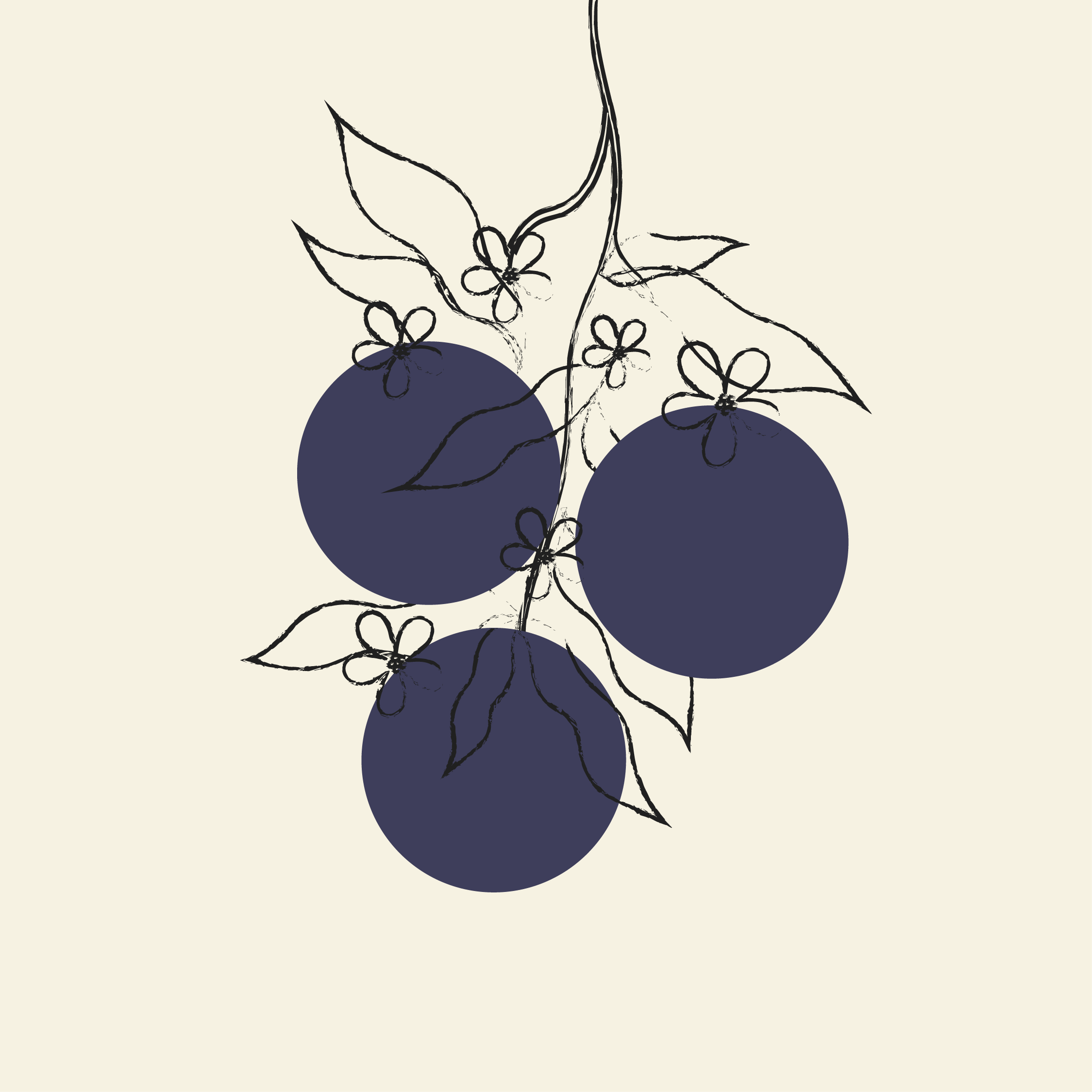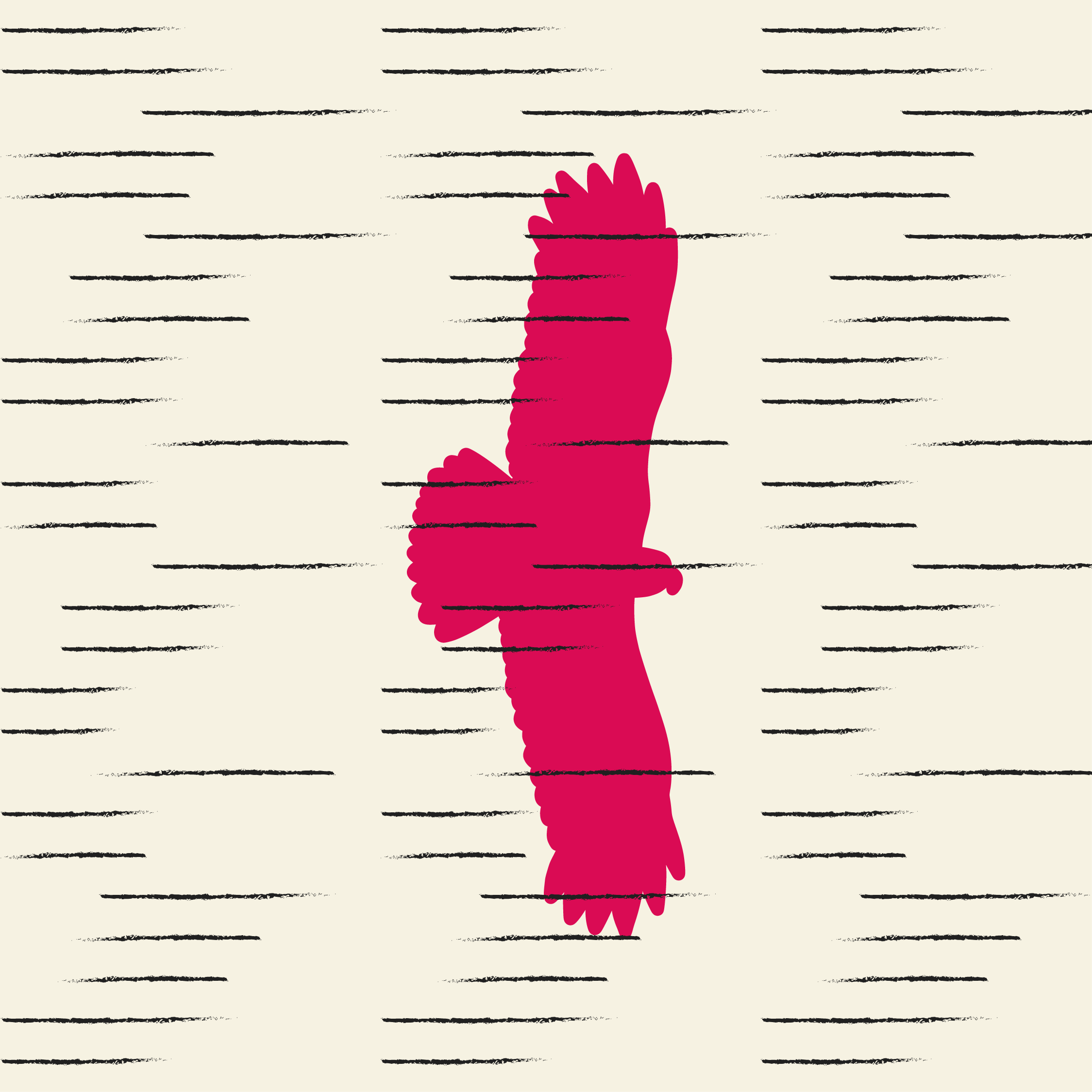Gabÿ, Tree, Goose
Three poems.
SEPTEMBER 24, 2024
Gabÿ
One evening, Adila recalled
her deskmate
in elementary school
who, on the sly during class, would read
adventure novels
and who later
discovered God in her heart,
just as Adila
discovered America
in the way evening falls
and what that looks like from the eighth story
in the summer.
After they finished elementary school,
Adila received letters in which her classmate
informed her
that she had started working at a canning factory
in a seaside town,
though she would’ve preferred one in the foothills,
that she liked sadness,
that seagulls screech like children,
that she had gotten married,
but not to tell anyone,
that winter’s here,
that she discovered God in her heart,
that her sisters,
that her mother, never her father,
that she got hepatitis,
that in front of her hospital room window
a tree was in bloom,
that spring is the most beautiful season,
that she turned 15,
that, look, another summer’s gone by,
that she had trouble finding stamps for a while,
that she got herself a passport,
and so on.
The girl always
ended with her name in quotations,
spelled with a y
and with two dots over the y.
How strange
that of all details these ones
climbed up from the pitch darkness of childhood
and made it here, to the eighth story,
Adila thinks.
Tree
People want to be friendly.
They care about why
you haven’t come by for days
to buy water from the store next to the building,
they invite you over for coffee,
they entice you with crepes
and they promptly lecture you if
you miss yourself.
Moreover,
when they say “tree,”
they assume it always means
the same thing.
And, at the speed of everyday life,
it really does.
But when things start to move
at a much greater speed,
“tree” always means something else.
And you realize that,
in order to say “tree,”
you’d have to say
where it grows,
what kind of leaves it has,
what kind of flowers,
how tall it is,
if anyone’s sitting under it,
the thickness of its trunk,
and so on and so forth…
Not even if you’ve said all this,
not even if you’ve written a novel,
can you claim
that you’ve really said “tree.”
Maybe my deskmate knew
that “tree” can’t be said
and that’s why,
at the end of the letters she’d send me,
she always wrote her name
in quotations, spelled with a y
and with two dots over the y.
Goose
Words are also a province
when it comes to the lively meanings beneath them,
meanings unimaginable there, above.
However
tartine, quasi-unfamiliar, and to handle a relationship
are words spoken with such power
that they yanked up from underneath them
a meaning that made them synonyms.
Though only for me, to be fair.
And the moment when
the unimaginable meaning
broke loose from the swarm of meanings
underneath these words
and climbed up through them to hit its target
right in the center,
namely, me,
tartine, quasi-unfamiliar, and to handle a relationship
stopped being a province.
In contrast with the word “goose.”
You’re a goose,
a man said to me a long time ago,
I was about nineteen.
But his word,
“goose,”
never made it to me,
just as the man didn’t either.
As if they never existed.
Neither him
nor his word, “goose.”
Not even as a provincial in a province.
Gabÿ
Adila și-a amintit într-o seară
de colega ei de bancă
din generală,
care citea pe furiș, în timpul orelor,
romane de aventuri
și care mai tîrziu
l-a descoperit pe Dumnezeu în inima sa,
așa cum Adila
a descoperit America
în felul cum se face seară
și cum se vede asta de la etajul opt,
vara.
După ce au terminat școala generală,
Adila a primit scrisori în care colega ei
o anunța
că s-a angajat la o fabrică de conserve
dintr-un oraș de la malul mării,
deși ar fi preferat un oraș de la poalele muntelui,
că-i place tristețea,
că pescărușii țipă ca niște copii,
că s-a măritat,
dar să nu mai spună asta nimănui,
că a venit iarna,
că l-a descoperit pe Dumnezeu în inima sa,
că surorile ei,
că mama ei, niciodată tatăl ei
că a făcut hepatită,
că în fața ferestrei salonului unde a fost internată
era un copac înflorit,
că primăvara e cel mai frumos anotimp,
că a împlinit 15 ani,
că, uite, a mai trecut o vară,
că multă vreme nu a găsit timbre în oraș,
că și-a făcut pașaport
și așa mai departe.
Întotdeauna fata
își scria la sfîrșit numele în ghilimele,
cu y la urmă
și cu două puncte deasupra lui y.
Ce curios
că tocmai aceste amănunte
au urcat din bezna copilăriei
pînă aici, la etajul opt,
se gîndește Adila.
Copac
Oamenii vor să fie prietenoși.
Îi interesează de ce
n-ai trecut zile-n șir
să-ți iei apă de la magazinul de lîngă bloc,
te invită la o cafea,
te îmbie cu clătite
și te apostrofează prompt dacă
ți-e dor de tine însuți.
În plus,
cînd ei spun „copac”,
au impresia că asta înseamnă întotdeauna
același lucru.
Și, la viteza vieții de zi cu zi,
chiar înseamnă.
Dar cînd lucrurile încep să prindă
o viteză mult mai mare,
„copac” înseamnă mereu altceva.
Și îți dai seama că,
pentru a spune „copac”,
ar trebui să spui
unde crește,
ce fel de frunze are,
ce fel de flori,
cît e de înalt,
dacă stă cineva sub el,
cît de gros are trunchiul,
și cîte și mai cîte…
Nici dac-ai spus toate astea,
nici măcar dacă ai scris un roman,
nu te poți lăuda
c-ai spus într-adevăr „copac”.
Poate colega mea de bancă știa
că nu se poate spune „copac”
și de-aceea,
în finalul scrisorilor pe care mi le trimitea,
își scria întotdeauna numele
în ghilimele, cu y la urmă
și cu două puncte deasupra lui y.
Gîscă
Și cuvintele sînt o provincie
vizavi de sensurile pline de viață de sub ele,
sensuri nebănuite acolo, deasupra.
Însă
tartină, cvasinecunoscută și a gestiona o relație
sînt cuvinte rostite cu atîta putere,
încît au smuls de sub ele
un sens care le-a făcut sinonime.
Pentru mine doar, ce-i drept.
Și-n clipa-n care
sensul nebănuit
s-a desprins din colcăiala de sensuri
de sub cuvintele astea
și a urcat în ele atingîndu-și ținta
din plin,
adică pe mine,
tartină, cvasinecunoscută și a gestiona o relație
au încetat să mai fie o provincie.
Spre deosebire de cuvîntul „gîscă”.
Ești o gîscă,
mi-a spus de mult un bărbat,
aveam vreo nouăsprezece ani.
Dar cuvîntul lui,
„gîscă”,
n-a ajuns la mine,
cum nici bărbatul acela.
Ca și cum nu existau.
Nici el
și nici cuvîntul lui, „gîscă”.
Nici măcar ca un provincial în provincie.
Excerpted from Cigarettes Until Tomorrow (Two Lines Press, September 24, 2024).


